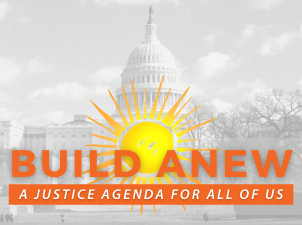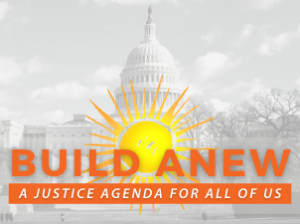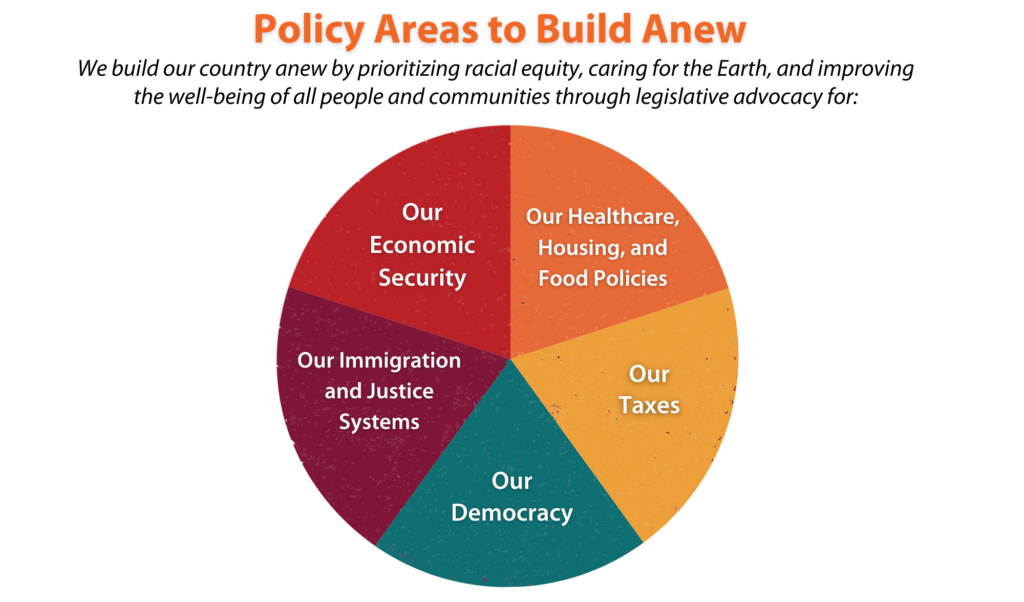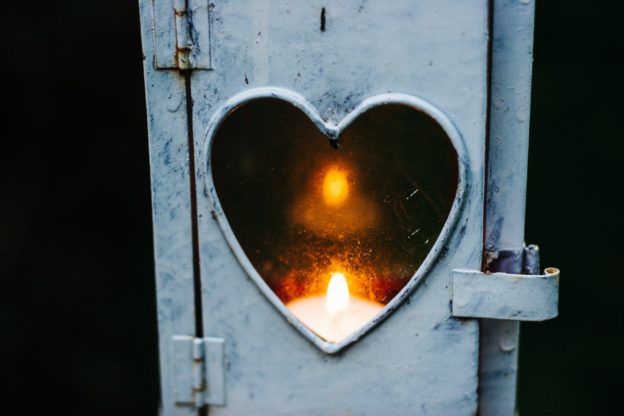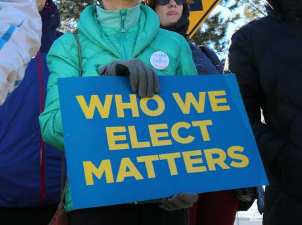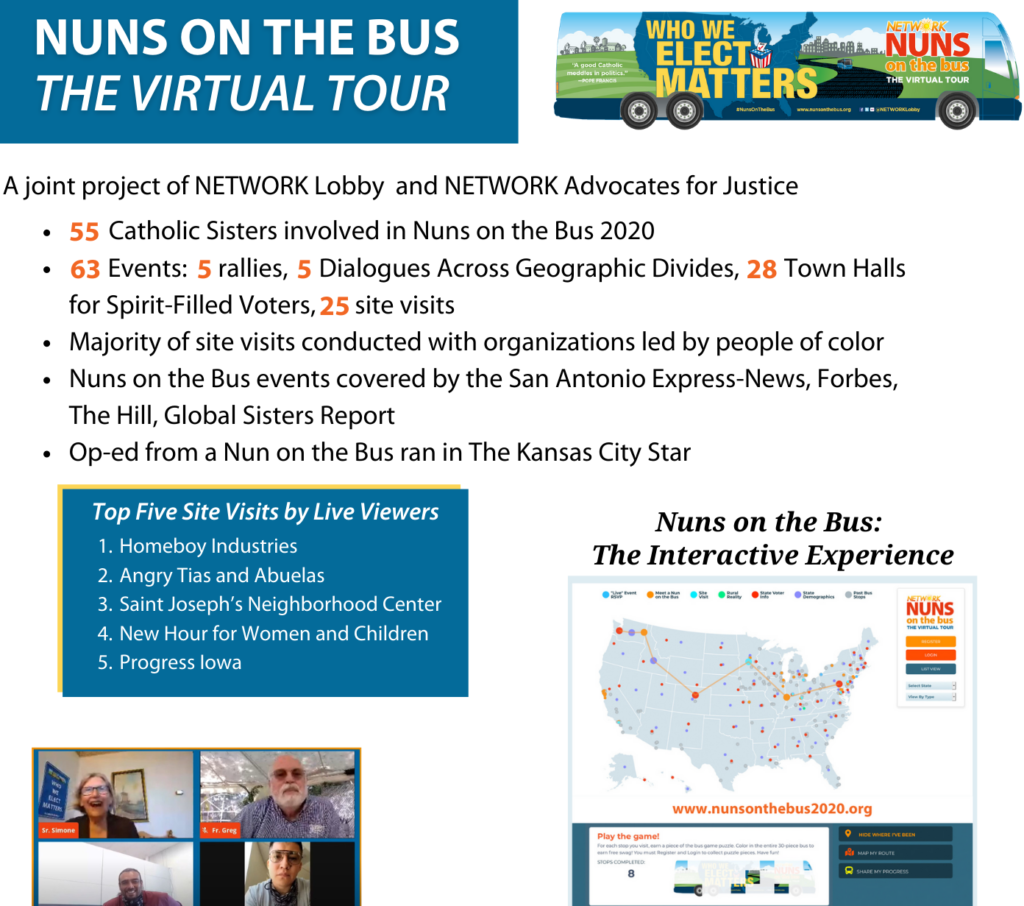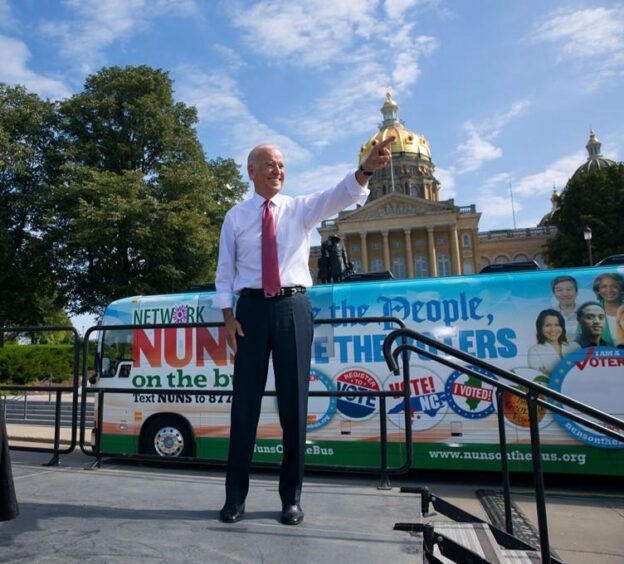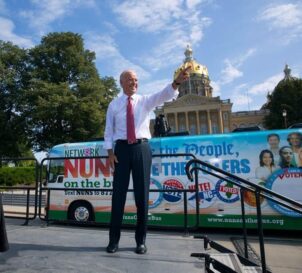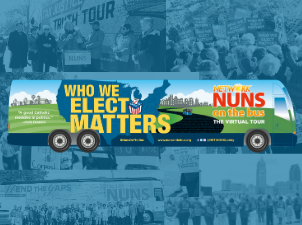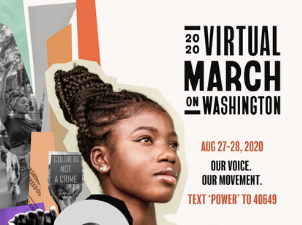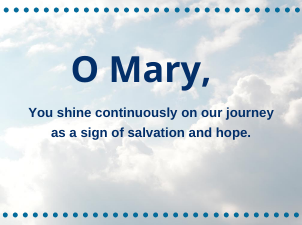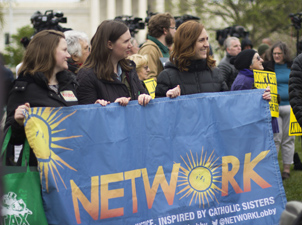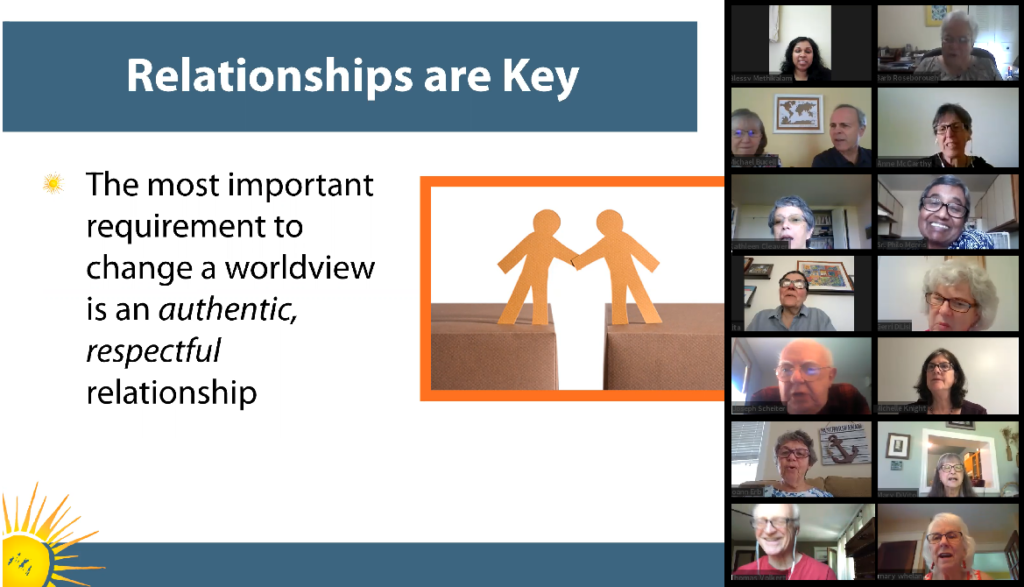
Black Immigrants are People Too
Joan Neal
February 9, 2021
Black Lives Matter and that includes the lives of Black immigrants. In the United States, the narrative around immigration usually focuses on Latinx people coming across the southern border from Mexico and Central America, but Black immigrants from these countries, from the Caribbean, and from Africa comprise a significant and growing part of the story of our immigration story. Black History Month provides an important opportunity to learn about stories and struggles of Black immigrants.
There has long been a large population of Black immigrants in this country since the sixteenth-century slave trade began. This should not be surprising to Americans. According to the Trans-Atlantic Slave Trade Database, 12.5 million Africans were shipped to the New World. Of the 10.7 million who survived the Middle Passage, 388,000 disembarked in North America. The rest ended up in the Caribbean, and Central and South America. Over time, many of the descendants of those enslaved persons migrated to the United States seeking asylum, family reunification, work, or higher education. Today, about 50% of all Black immigrants come from the Caribbean region, around 4% from South America, and nearly 45% from the African continent, particularly from sub-Saharan Africa.
Moreover, Black people are a growing segment of the immigrant population in the U.S. According to the Census Bureau’s American Community Survey, in 1980 there were 816,000 Black immigrants. By 2000, the number of Black immigrants in the country had risen 71% to 2.4 million. Six years later in 2016, that number had increased to 4.2 million, meaning nearly 10% of all Black people living in the U.S. were foreign born . Such rapid growth in the Black immigrant population is expected to continue, especially in large metropolitan areas. According to the Census Bureau, by 2060 16.5% of all Black people in the U.S. will be immigrants.
But these statistics are not the whole story. With few exceptions, the lived experience of Black immigrants very much mirrors the experience of U.S.-born Black people. Black immigrants encounter anti-Black discrimination and racial prejudice because of the color of their skin. Similar to U.S.-born Black people, they are often subject to the same risks of poverty, lack of access to quality health care or affordable housing, over-policing, and increasing incarceration.
More than other immigrant groups, undocumented Black foreign-born people find themselves caught in the prison to deportation pipeline. In fact, Black immigrants account for a disproportionate number of criminal-based deportations. Guilt or innocence aside, 76% of Black immigrants are deported on criminal grounds compared to 45% of all immigrants. Like the prevailing experience of U.S.-born Black people, there is no other explanation for these statistics than that it is because they are Black. When they arrive in the U.S., Black immigrants are no longer Ghanaian, South African, Jamaican, Haitian, or Nicaraguan. They are simply Black, and in this society, their lives do not matter.
Anti-Black racism has been present in this country since its founding. Despite the fact that Black people were forcibly brought here, when it came time to answer the question ‘who belongs in this nation’, the country’s overwhelming answer was only white people. History and our founding documents show that anyone who was not considered white was not meant to be a citizen. This was quickly incorporated into the immigration system where it persists even today. Despite the words that are etched on the Statue of Liberty –“Give me your tired, your poor, your huddled masses yearning to breathe free…”, the United States continues to demonstrate it is unwelcoming to Black people, citizen or not.
Whatever it was about the murder of George Floyd last year that opened America’s eyes, indeed the eyes of the world, about the enduring persistence of systemic racism, the fact is that there is no going back from that realization. As a people, we must deal with it. The fundamental question before the United States, indeed before the world since anti-Black racism is global, is what is to be done about it?
This moment in our history invites us to finally address the issue of pervasive, instututionalized anti-Black racism. It calls us to transform our society, our laws, our systems, including the immigration system, to ensure that all lives matter equally. No exceptions. Time will tell if we are up to the challenge.
Sources:
Trans-Atlantic Database, https://archive.slavevoyages.org, David Eltis, David Richardson, ed.
U.S. Census Bureau Current Population Survey, March 2016
US Immigrant Population Projected to Rise Even as Share Falls Among Hispanics and Asians, Anna Brown, Pew Research Center, 03/09/2015; “Historical Census Statistics on the Foreign-Born Population of the United States: 1850-2000” and 2014 population projections, U.S. Census Bureau
U.S. Department of Homeland Security, Yearbook and Transactional Records Access Clearinghouse, 2000








